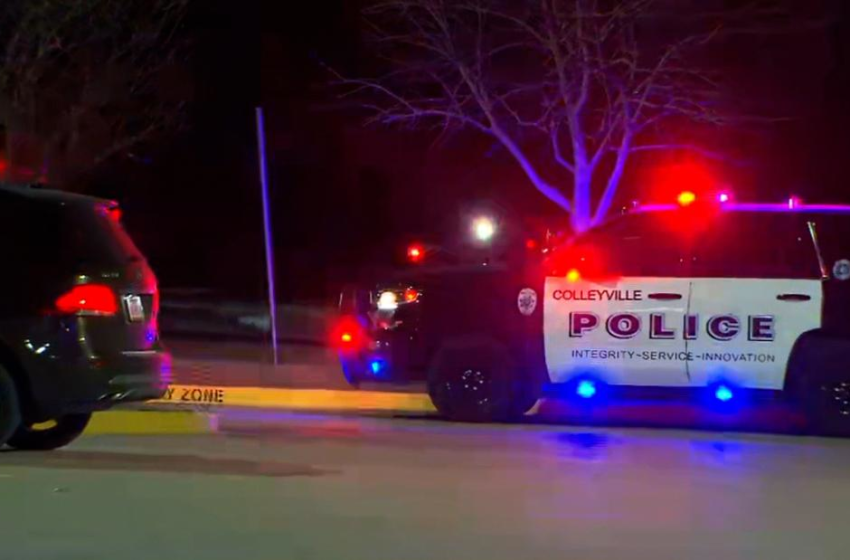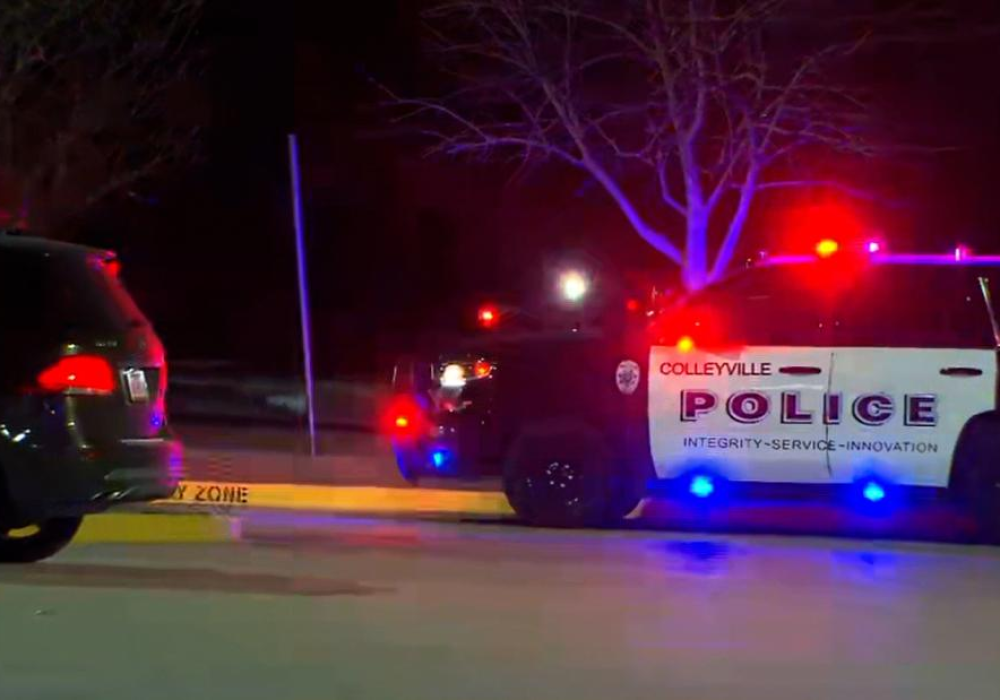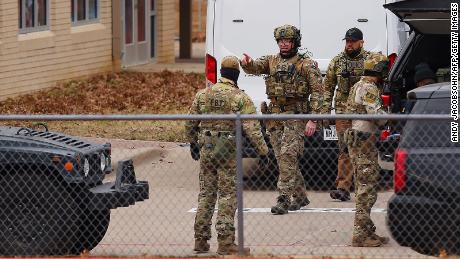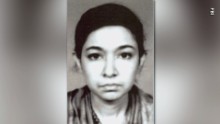The investigation against Malik Faisal Akram was closed when investigators considered him to no longer be a threat, the official said.
Details about what led to that UK probe weren’t immediately available.
US authorities base their belief about Akram’s motivation on discussions with him during hostage negotiations and from audio of a livestream of the Sabbath service that captured the hostage-taking, they have said.
Akram had arrived in the US via a flight to New York in late December and was not on any US government watch list, a US law enforcement source told CNN. He arrived in the US legally, and cleared vetting before his arrival, a separate US federal law enforcement source said.
Two teenagers were arrested in south Manchester, England, in connection with the Texas incident and were awaiting questioning, UK Counter Terrorism Police for Greater Manchester said Sunday. Akram hailed from Blackburn, an industrial city of 121,000 just northwest of Manchester, British authorities said.
Investigators are looking into how Akram traveled from New York to Texas.
Between January 6 and 13, Akram spent three nights at Union Gospel Mission Dallas, a homeless shelter, according to shelter CEO Bruce Butler. “We were a way station for him,” he said. “He had a plan. He was very quiet. He was in and out.”
Akram left the mission for the last time Thursday, according to their records.
Akram’s brother said the family is “absolutely devastated” by his actions and they “apologize wholeheartedly to all the victims,” he wrote in a statement on Facebook, adding the family was in contact with police during the incident. Akram suffered from mental health issues, the statement said without elaborating.
Rabbi ‘overflowing with gratitude’
The enormity of the ordeal in Colleyville — being held at gunpoint for hours and making a bold but terrifying escape — is difficult to process, Rabbi Charlie Cytron-Walker said, but a wave of support from his community and the others around the world left him optimistic that his congregation will recover.
Saturday’s attack “could have been so much worse, and I am overflowing, truly overflowing with gratitude,” Cytron-Walker said Monday.
Members of the congregation who were held hostage credited security courses, including active shooter training, with helping them get through the ordeal.
The rabbi acknowledged the trauma of the incident expands beyond those who were trapped in the synagogue to all members of the congregation, including some who watched it unfold on a livestream of the Sabbath service.
Watching the incident unfold left Silverman “terrified and heartbroken,” she said.
Hostages describe how they made their escape
The hostage-taker was “screaming hysterically” at times and occasionally speaking different languages, Silverman said.
As the hours ticked by, he “became increasingly belligerent and threatening,” Cytron-Walker has said.
When the gunman began yelling and congregants realized they were hostages, Cohen said he quickly dialed 911, put the phone face down, and followed the hostage taker’s directions.
“But not exactly as commanded,” he said on Facebook. “Instead of going to the back of the room, I stayed in line with one of the exits.”
As the hours went by, Cohen said he began to slowly move a few chairs in front of himself. “Anything to slow or divert a bullet or shrapnel,” he said.
Throughout the hostage situation, Cohen said they all worked to keep the gunman engaged in conversation. “As long as he was talking and somewhat calm, we bought the FBI time to position.”
One of the hostages was released unharmed around 5 p.m., Colleyville police said.
Hours later, Cytron-Walker saw his opening. “When I saw an opportunity where he wasn’t in a good position, I made sure the two gentlemen who were still with me that they were ready to go. The exit wasn’t too far away,” he told CBS News. “I told them to go. I threw a chair at the gunman and I headed for the door, and all three of us were able to get out without even a shot being fired.”
An FBI team killed the suspect after the hostages made their escape around 9 p.m.
Faith-based communities will continue to be targets of violence, federal officials warn
Akram spoke about Siddiqui, the federal prisoner in Fort Worth, Cohen told CNN.
“He wanted this woman released and he wanted to talk to her … he said point-blank he chose this synagogue because ‘Jews control the world. Jews control the media. Jews control the banks. I want to talk to the chief rabbi of the United States,'” Cohen told CNN on Monday.
“I wish I had a magic wand. I wish I could take away all of our pain and struggle,” Cytron-Walker said at the healing service. “I know that this violation of our spiritual home was traumatic for each and every one of us. And not just us. In the road ahead, this is going to be a process.”
Online forums linked to domestic violent extremists have referenced Jewish targets tied to conspiracy theories about Covid-19, the outcome of the 2020 election and “even the Taliban takeover of Afghanistan and resettlement of Afghans to the United States,” according to the letter obtained by CNN.
CNN’s Nick Paton Walsh, Eliott C, McLaughlin, Travis Caldwell, Ed Lavandera, Ashley Killough and Kacey Cherry contributed to this report.












